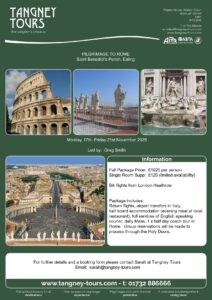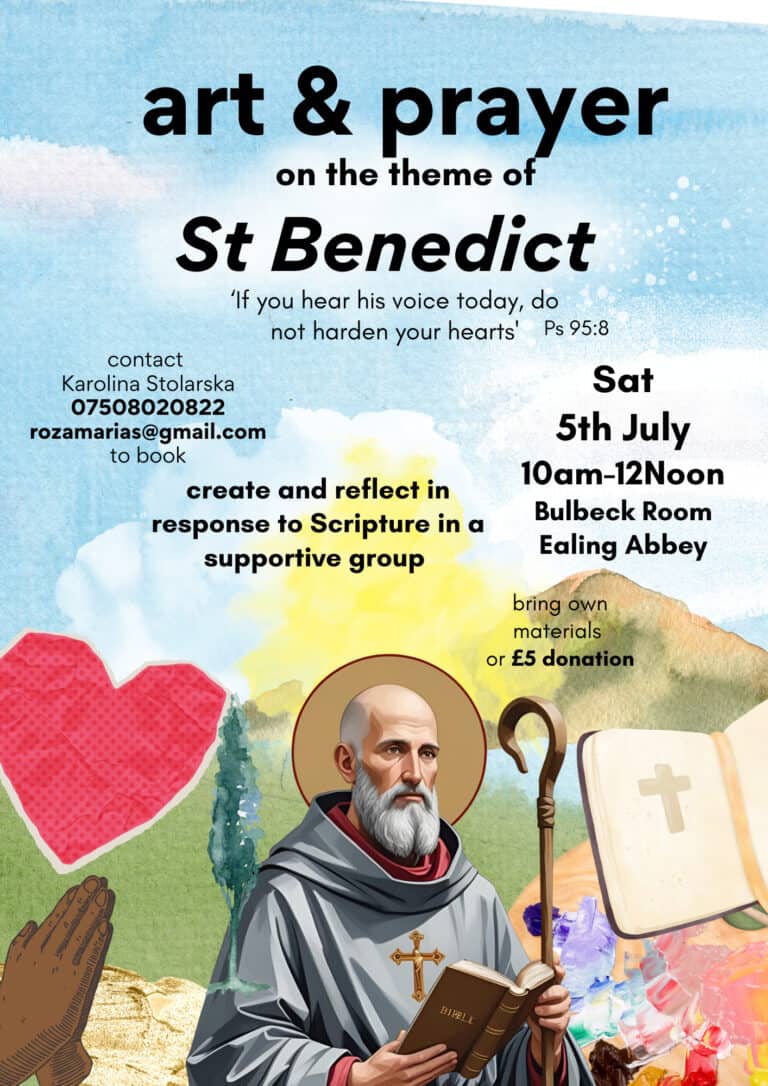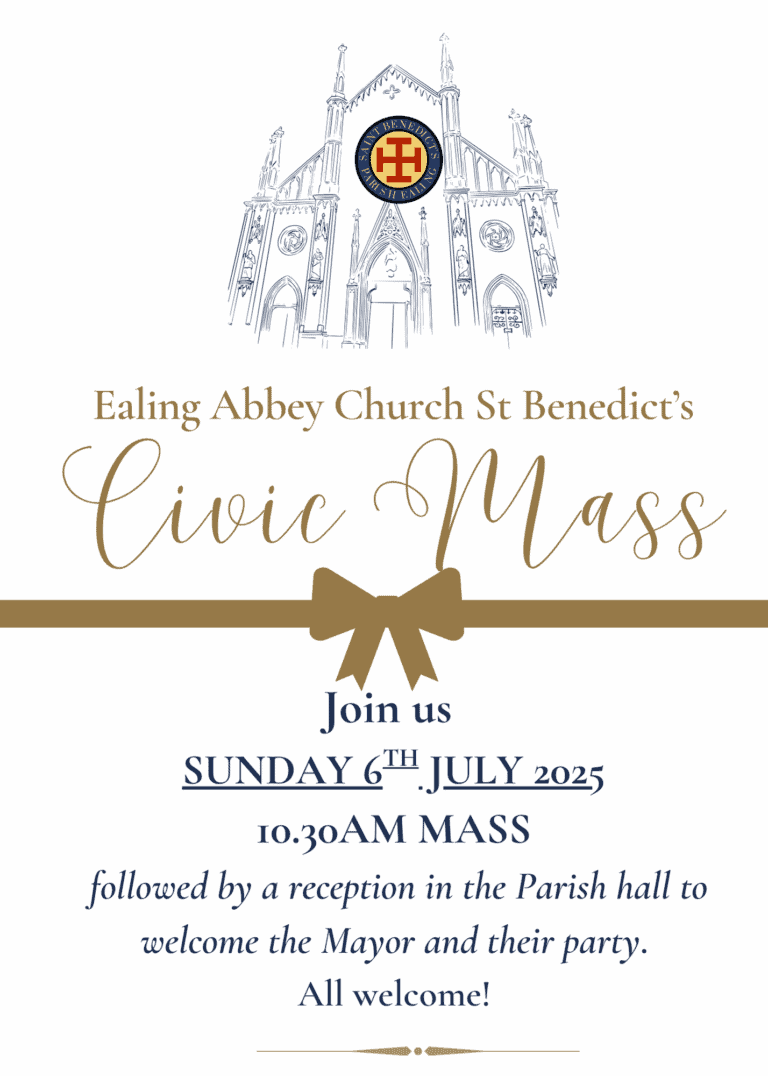Dear Parishioner,
The opening line of today’s gospel almost invites you to expect a kind of ‘A Pharisee and a Tax Collector walk into a bar’ scenario. This story is usually referred to as the Pharisee and the Tax Collector but it is sometimes called ‘the Pharisee and the Publican’. Publicani in the Roman Empire were not of course entrusted with running the local pub but they were public contractors entrusted with overseeing building works as well as collecting port duties and local taxes, so a bit of a mix between HM Customs and Excise, HM Revenue and Customs and Town Hall planners. Not the kind of people you would invite round for tea. As for Pharisees, they were lay people, scribes for the most part, not priestly types; they were certainly devout and punctilious observers of the Jewish law. They would often (but not always) appear in conflict with Jesus because Jesus did not conform to their legalistic mindset.
So where do our sympathies lie? Luke, master storyteller that he is, clearly intends our sympathies to lie with the former. The Pharisees, aka the ‘separated ones’, have themselves as their own focus and being self-righteous they feed on being able to look down on others. The Pharisee in our story lives then with a separate sense of self that doesn’t require indebtedness to God or connection to the riff raff around him. The parable unmasks this negative state and offers an alternative, another way of praying, in which the tax collector acknowledges the merciful God and his own unworthiness and he opens that unworthiness up to divine mercy,
Jesus provides us with a clear paradox at the end of the story resulting in a message that putting down others is the necessary corollary of raising ourselves up. Yet we may choose to pray in a way that grounds prayer in a sense of dependency on God and solidarity with our neighbour. We are after all, dependent creatures and this makes us one with everyone else who only live through the creating activity of God. And in the light of the parable we know we are one with all who have lost their way at one time or another, and that is each one of us. The Tax Collector/Publican understood that perfectly. The Pharisee, sadly, remains separate from his fellow man and distant from God.
I am told there is a Catholic rendition which depicts a priest and a deacon standing in prayer before the altar. Each in turn prays ‘Lord, have mercy on me, a sinner.’ They both hear a voice coming from the back of the church and turn round to see the caretaker – head bowed and beating bis breast and saying ‘Lord, have mercy on me a sinner’ at which point the priest turns to the deacon and says: ‘Look who thinks he’s a sinner.’
Deacon Alex





